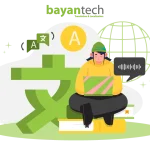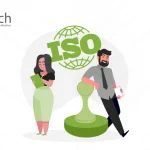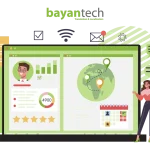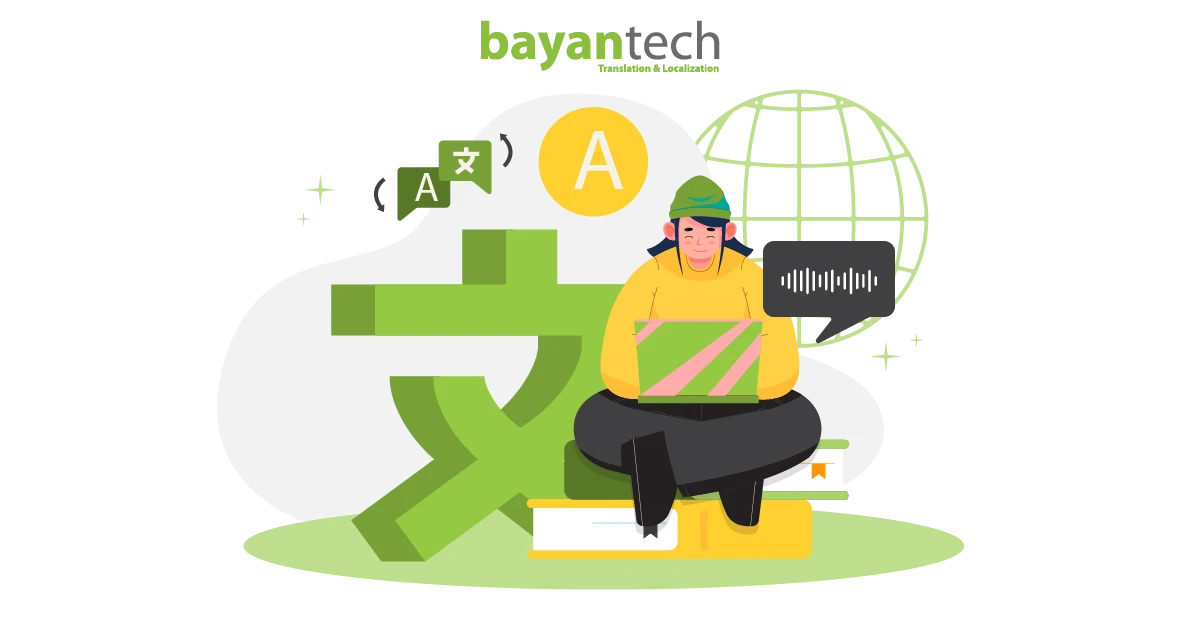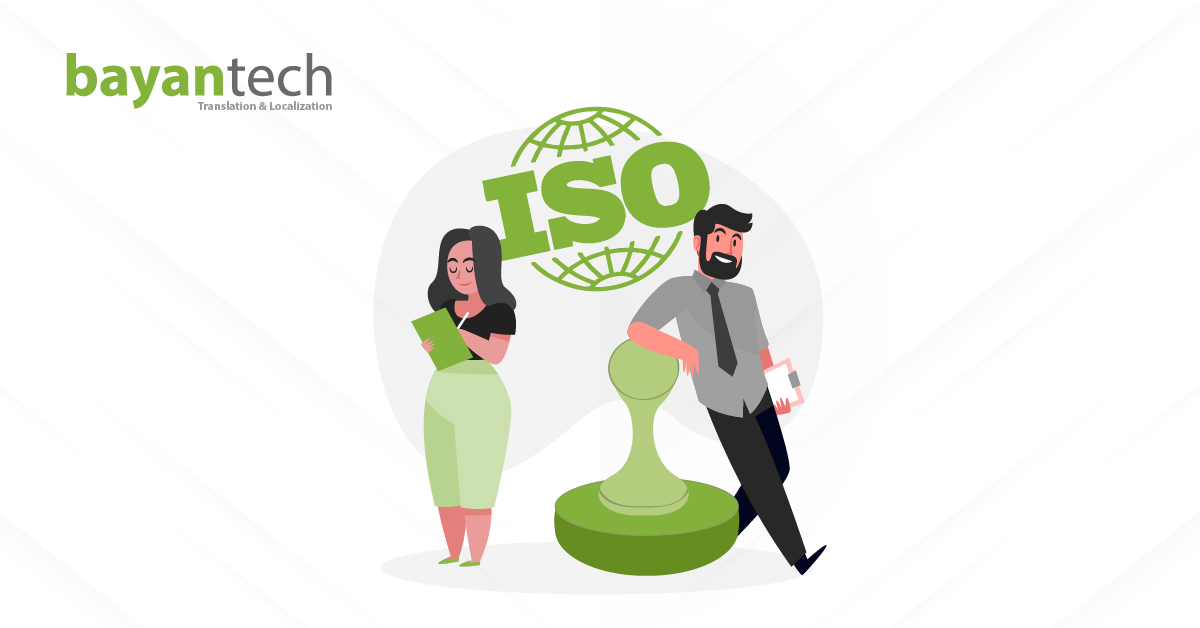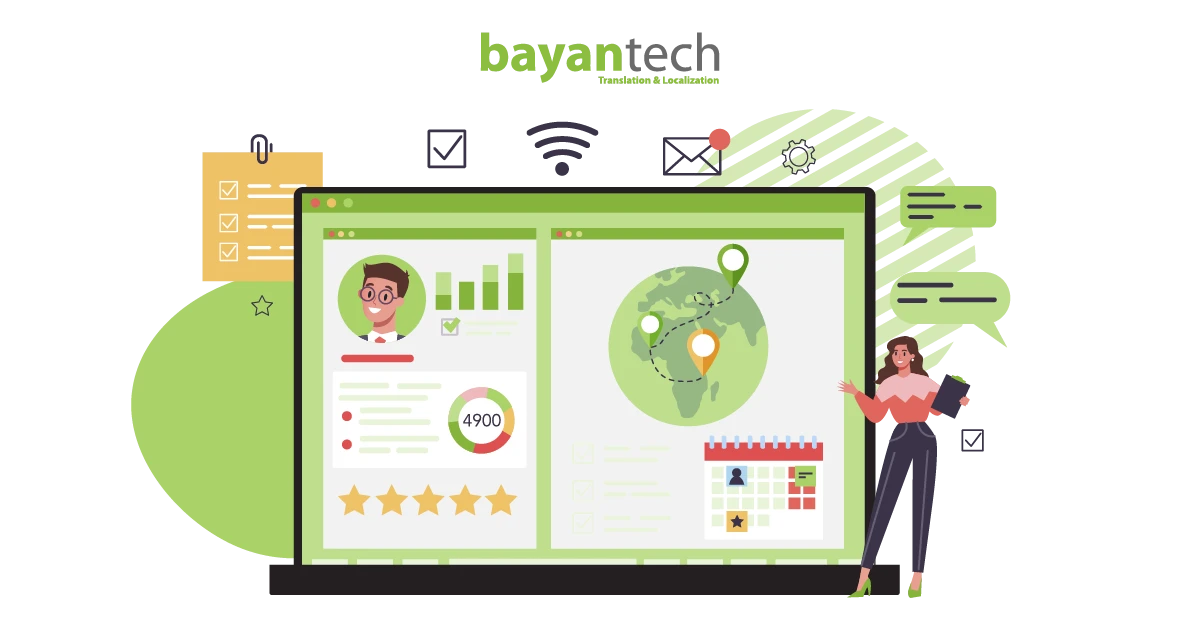As professionals in one of the most challenging niches in translation services, medical translators are specialists with a great responsibility in their hands. Whether working on medical records or a research paper, the medical translator has to convey information in an accurate, precise, and clear manner.
Migration, international academic exchange, and now, the Covid-19 pandemic exacerbate the need for medical translators. Therefore, bilingual students in medicine or related fields may gravitate towards it as their potential career choice.
In this post, we’ll examine what medical translation services consist of and how to become a medical translator.

What Is Medical Translation?
Put briefly, medical translation is the practice of translating documents of a healthcare-related nature from one language to another. Medical translators work with a wide arc of documents, such as academic journals, surveys, papers, books, medical reports, and pharmaceutical information.
There’s a lot at stake. Due to the critical importance of this subject, being a fluent speaker of the two languages at hand is not enough. A deep technical understanding of biology, anatomy, medicine, and chemistry is required. Terminology handling has to be very precise, and knowing the meaning and context of the source material is absolutely crucial. This makes medical translation a potential career choice for students in healthcare-related fields.
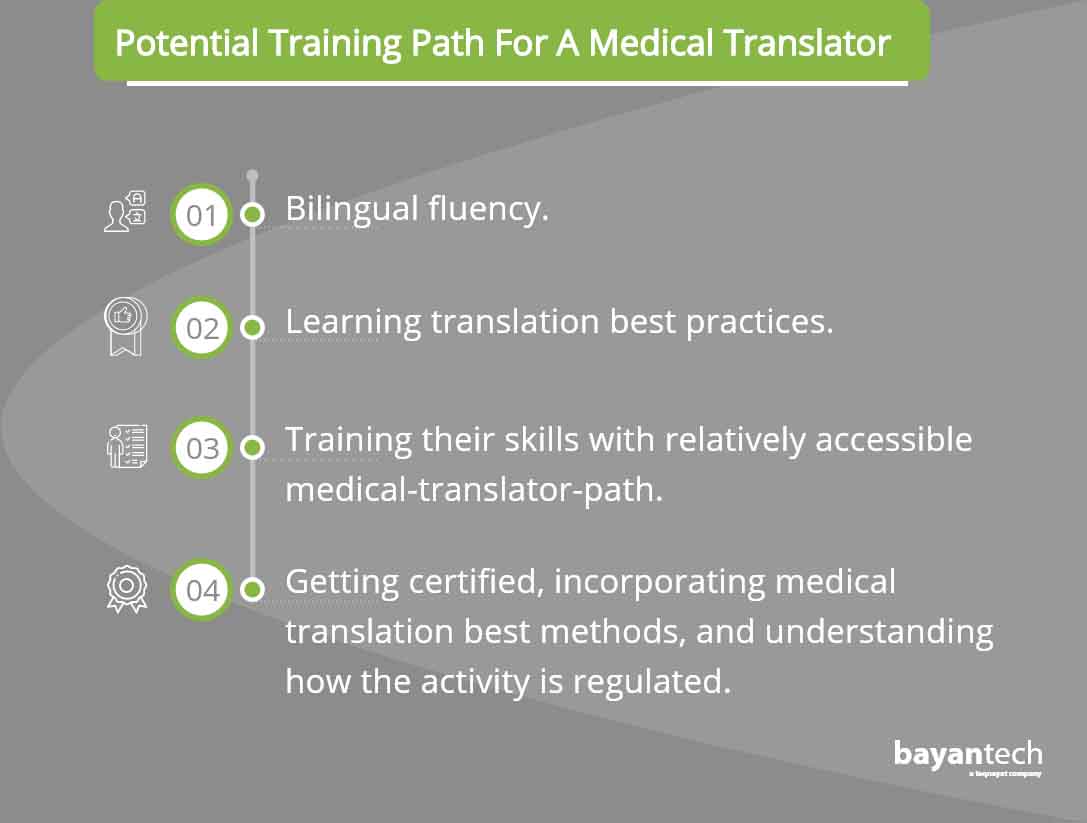
From Baby Steps to Giant Strides: How to Become a Medical Translator
Have you been asking yourself how to become a medical translator? Aside from linguistic and technical knowledge, a translator needs to learn translation best practices. Translating often involves solving problems and making choices. How can you translate a passage that is convoluted or that has no direct equivalent in your target language?
Before taking on medical document translation, many linguists develop their skill sets as translators first and then specialize in healthcare translation services. Especially if you’re not medically trained, it’s advisable to, first of all, become a proficient translator, and then specialize, since it can be hard to learn translation best practices and complex subject area concepts parallelly.
If you’re a bilingual medicine student considering becoming a translator, you can start practicing your skills by working on simple texts.
The best starting texts for practicing may be product information leaflets and summaries for medical devices since they are written in a somehow predictable format and give you important insight into national and international formatting requirements.
Nursing texts can also be interesting training material, as well as medical literature with a very low barrier of entry. It is wise to constantly invest in medical books in your language pair, as well as dictionaries. Don’t underestimate official online medical websites, since they are a constantly updated source of information.
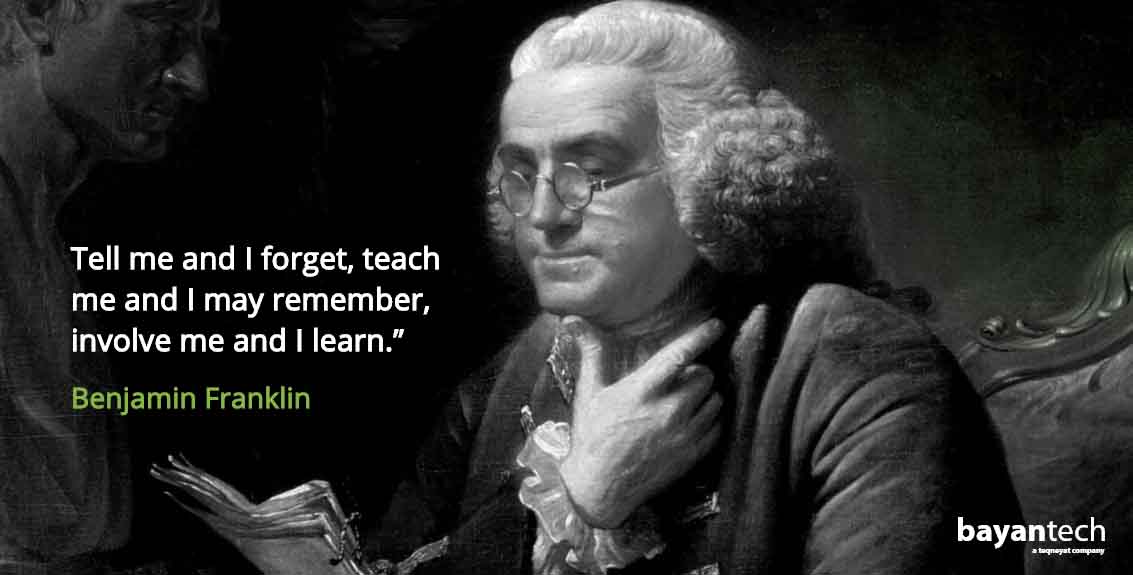
One of the first factors you may notice, when beginning to train, is that sometimes terminology can be unpredictable. While some terms have Latin or Greek roots and are therefore pretty much the same across languages, some are language-specific. Mishandling these language-specific terms can result in an unclear or ambiguous translation, which could have disastrous real-life consequences.
Translating medical reports, for instance, requires a wide knowledge of pharmaceuticals, so you need to check their INN names, and be particularly patient since you may have to deal with handwritten text that can’t be scanned with an OCR. If most of the text is illegible to you, it is wise to acknowledge the difficulty and give up on it. In real, professional settings, these portions of the material wouldn’t be translated either, since misinterpretations could translate into a misdiagnosis. In some cases, unconventional abbreviations may make your job harder. Consult your client (and a database of medical terms) for clarification.
Once you start planning how to become a medical translator, you will notice that there are too many different subareas, formats, and specializations. Healthcare professionals usually pick a specialty and develop their skills through a determinate branch, such as neurology or immunology; this also applies to medical translators, due to the complex nature of their discipline.
Sign up to our newsletter to receive the latest blogs and news
Specialize, Get a Certificate
When taking a look at how to become a medical translator, the need for special training isn’t something we can dismiss. Since the medical field is strictly regulated across the world, medical translators should have extensive knowledge, not only of language or medicine but also of the legal standards for their profession.
To actually enter the language industry as a medical translator, it’s essential to get properly trained. Many universities and independent institutions provide translation and medical interpreting training. If you’re picking, not a university program, but an independent organization, make sure they’re properly accredited in their jurisdiction and can issue a valid (and reputable) certification.
There are thousands of words that build up medical terminology, and dozens of new concepts are incorporated into the clinical jargon every year, due to scientific development. So regular training is advised to keep up with the latest discoveries.
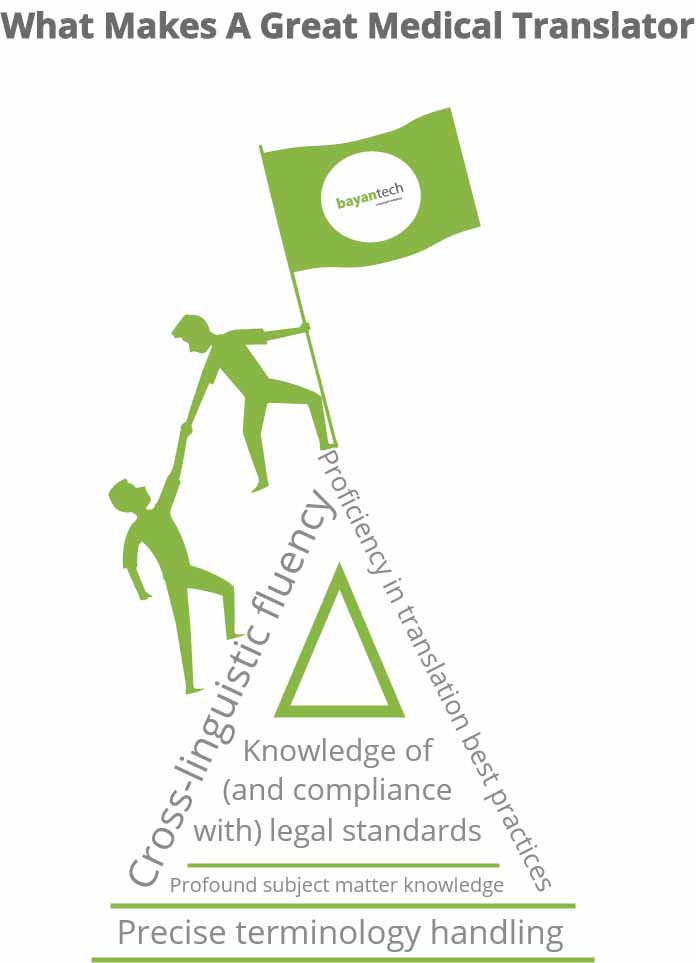
Conclusions
In this post, we introduced some crucial aspects of how to become a medical translator. Becoming a competent medical translator requires:
– A solid grasp of translation best practices, as well as bilingual fluency in your language pair.
– Familiarity with medical terminology.
– The motivation and industry know-how to stay on top of regulatory changes and technological breakthroughs.
– An understanding of how your practice is regulated at a local and international level.
As medical literature is a serious business, the level of quality demanded in translations is top-notch, and is often regulated by ISO Standards. And, aside from the quality of the work per se, many countries also have regulations in place to ensure the proper handling of the patients’ sensitive information. For instance, in the United States, these are the HIPAA laws.
Make sure that you meet both the technical and ethical standards and the legal requirements to do work as a medical translator. Because of these implications and the importance of hiring a highly experienced professional, a client may prefer a leading translation agency. Once you’re a trained and legally compliant medical translator, applying for agencies may be the best way to kickstart your career.
Want to Learn More About Our Medical Translation Services?


